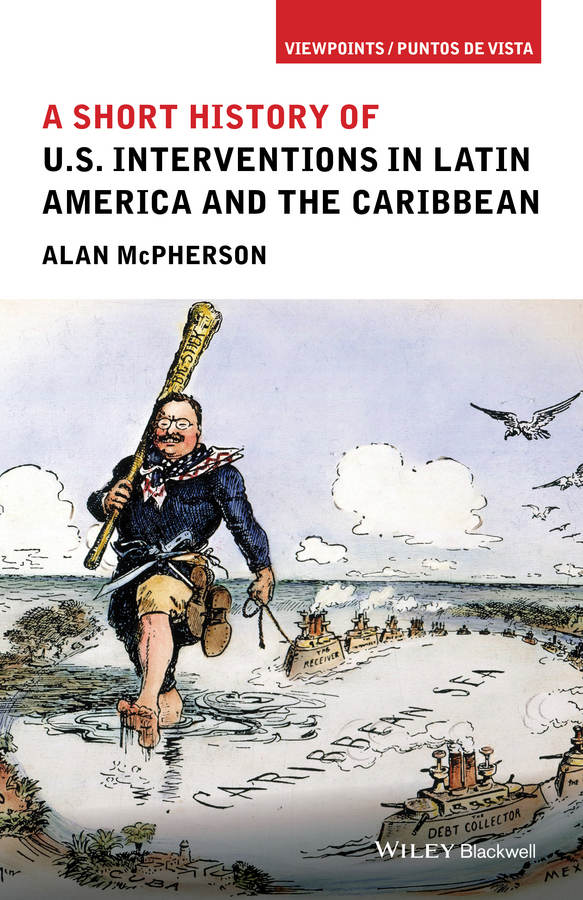

Most ebook files are in PDF format, so you can easily read them using various software such as Foxit Reader or directly on the Google Chrome browser.
Some ebook files are released by publishers in other formats such as .awz, .mobi, .epub, .fb2, etc. You may need to install specific software to read these formats on mobile/PC, such as Calibre.
Please read the tutorial at this link: https://ebookbell.com/faq
We offer FREE conversion to the popular formats you request; however, this may take some time. Therefore, right after payment, please email us, and we will try to provide the service as quickly as possible.
For some exceptional file formats or broken links (if any), please refrain from opening any disputes. Instead, email us first, and we will try to assist within a maximum of 6 hours.
EbookBell Team

4.0
46 reviewsA Short History of U.S. Interventions in Latin America and the Caribbean presents a concise account of the full sweep of U.S. military invasions and interventions in Central America, South America, and the Caribbean from 1800 up to the present day.
**
From the Back CoverSince its early days, the United States has intervened hundreds of times in the affairs of Latin American countries—from spying and proxy wars to major military invasions. Interventions range from direct self-interest -- annexing Spanish and Mexican territory, or protecting U.S.-owned plantations and canals in Central America—to activities more generally oriented toward spreading U.S.-style democracy -- training Latin American fighters to topple leftist governments, taking down strongmen in Panama and Haiti, and fighting drug cartels. A Short History of U.S. Interventions in Latin America and the Caribbean presents a concise account of the full sweep of U.S. military interventions in Central America, South America, and the Caribbean from 1800 up to the present day. For each era, author Alan McPherson looks at five elements -- causes, consequences, contestation, collaboration, and context— to shed light on the economic, military, political, and cultural issues that have shaped U.S.-Latin America relations. McPherson also gives voice to the many Latin Americans who resisted U.S. intervention—as well as to those who may have invited or accommodated it. The larger historical sweep of European colonization, westward expansion, the World Wars, the Cold War, and post-Cold War anxieties provides crucial background to these events. Engaging and thought-provoking, A Short History of U.S. Interventions in Latin America and the Caribbean is an eye-opening compilation of two centuries of an important aspect of the history of the Americas.